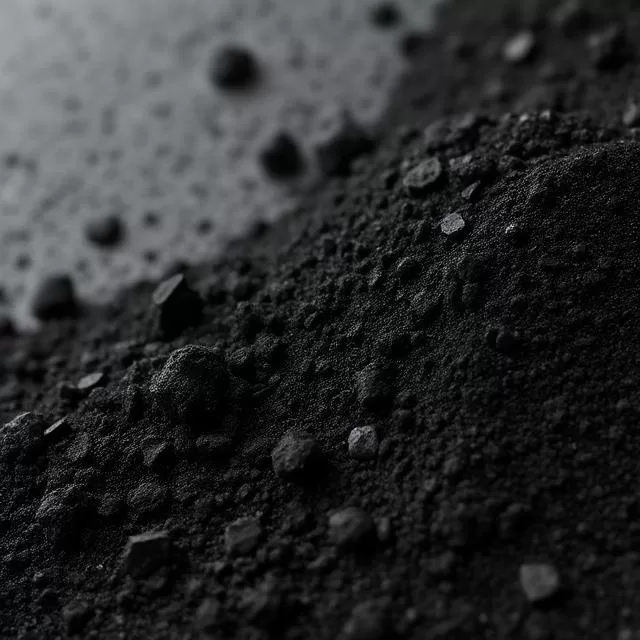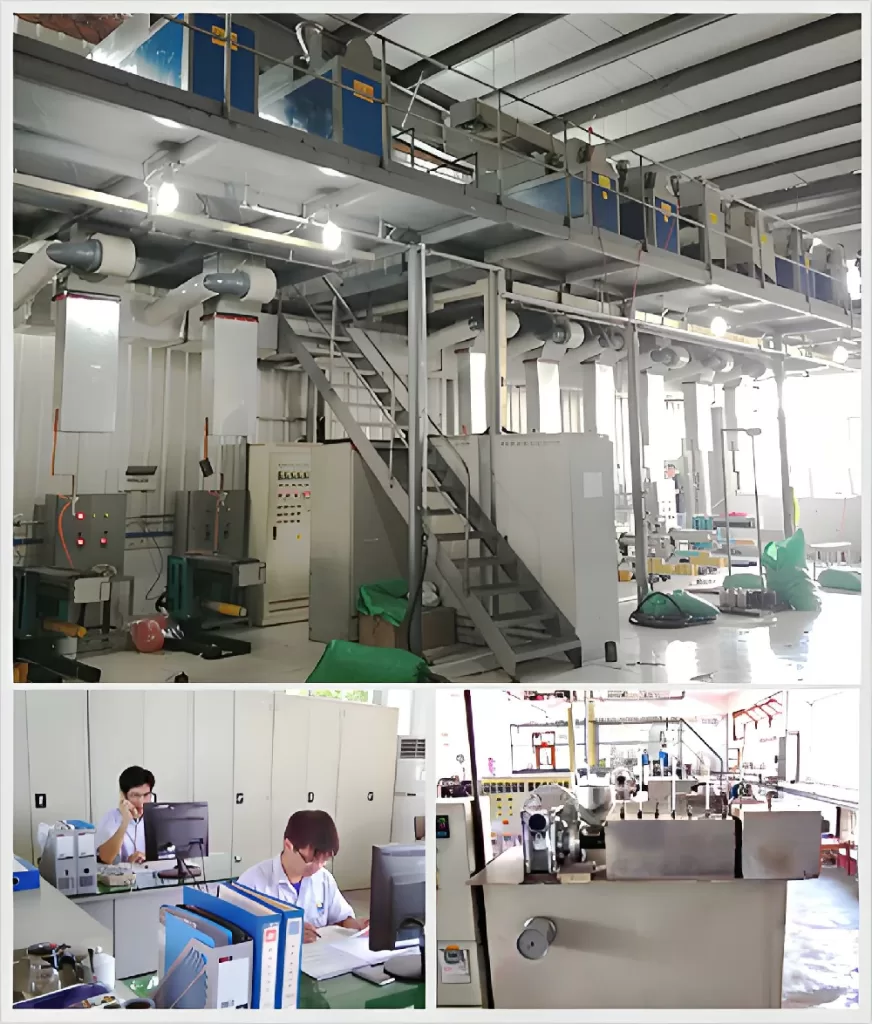Table of Contents
- Introduction: Why Carbon Masterbatch Matters
- Criteria for Choosing a Good Carbon Masterbatch Supplier
- Charming Masterbatch — A Leading Example
- Top 7 Carbon Masterbatch Manufacturers
- Key Technologies & Trends in Carbon Masterbatch Production
- Major Applications for Carbon Masterbatch
- Summary Table: Key Features & Highlights
- FAQs About Carbon Masterbatch
- References & Further Reading
Introduction: Why Carbon Masterbatch Matters

Carbon masterbatch (often called black masterbatch or carbon black masterbatch) is a key additive used in plastics and polymer processing. It enhances color, UV protection, conductivity, and durability of polymer products. Because of its broad utility across industries — from automotive to packaging, electronics to textiles — sourcing a reliable carbon masterbatch manufacturer is critical for product quality and supply chain stability.
In this article, we’ll highlight seven leading manufacturers of carbon masterbatch — including their strengths and what to look for when choosing a supplier.
Criteria for Choosing a Good Carbon Masterbatch Supplier
- Particle dispersion and consistency: Uniform distribution without agglomerates.
- Purity and low ash content: Minimizes contamination in end products.
- Carrier compatibility: Matching resin systems for seamless blending (e.g., PP, PE, PET).
- Color strength and stability: Good tinting strength and resistance to fading.
- Functional additives: Conductive, UV, antistatic, flame-retardant integration.
- Production capacity and export experience: Ability to service large orders globally.
- Technical support and R&D: Custom formulation capability and responsive service.
Charming Masterbatch — A Leading Example

Charming Masterbatch is one of the names you’ll often find listed among top suppliers. Equipped with advanced twin-screw extrusion lines from Germany and decades of experience in pigment dispersion, they emphasize stable, high-quality carbon masterbatch and pigment masterbatch solutions.
Their product portfolio includes:
- Color Masterbatch
- Fiber/Filament / BCF / Nonwoven masterbatch
- Film/Plastic masterbatch
- Functional masterbatch: antimicrobial, antistatic, flame retardant, UV stabilizer
Charming exports to over 18 countries across Europe, South America, Southeast Asia, the Middle East, and Africa — making them a good reference for both quality and global reach.
Top 7 Carbon Masterbatch Manufacturers
1. Clariant Masterbatches (Switzerland / Global)
Clariant is a major name in specialty chemicals and masterbatches, including black masterbatches. They are known for deep expertise in additives and pigments. :contentReference[oaicite:0]{index=0}
2. Americhem, Inc. (USA / Global)
Americhem specializes in color and additive masterbatches. They operate globally and provide custom carbon masterbatch solutions. :contentReference[oaicite:1]{index=1}
3. Cabot Corporation (USA / Global)
As a leading producer of carbon black, Cabot is a natural player in carbon masterbatch supply and can offer strong pigment integration and supply chain control. :contentReference[oaicite:2]{index=2}
4. Ampacet Corporation (USA / Global)
Ampacet is a major global masterbatch supplier and participates in black / carbon masterbatch for plastics, providing high-performance concentrates. :contentReference[oaicite:3]{index=3}
5. Hubron International (UK / Asia)
Hubron is known for color and additive masterbatches with strong presence in Asia. They also cater to black masterbatch demands. :contentReference[oaicite:4]{index=4}
6. Boostani B.V. (Netherlands)
Boostani is a European compounder and masterbatch manufacturer that works in advanced polymer formulations, potentially including carbon concentrates. :contentReference[oaicite:5]{index=5}
7. ARGUS Additive Plastics GmbH (Germany)
ARGUS is a specialized additive / masterbatch company based in Germany. They are well-regarded for innovative masterbatch technologies. :contentReference[oaicite:6]{index=6}
Key Technologies & Trends in Carbon Masterbatch Production
- Wet masterbatch techniques: For finer dispersion and lower dust (e.g. Mitsubishi’s DIAPOL-WMB). :contentReference[oaicite:7]{index=7}
- High-shear dispersion: Twin-screw extruders and internal mixers for nano-scale carbon black distribution.
- Hybrid carriers: Use of tailored carrier polymers for better compatibility with specialty resins.
- Functionalization: Embedding UV stabilizers, flame retardants, antistatic agents along with carbon black in one masterbatch.
- Low-EMI and conductive grades: For electronics and grounding applications.
- Eco-friendly / low-emission manufacturing: Reduced volatile organic compound (VOC) release and cleaner processing methods.
Major Applications for Carbon Masterbatch
- Black plastics for automotive interiors, pipes, and housings
- Conductive components and ESD-safe packaging
- Textile fibers and nonwovens (e.g. carbonized fiber blends)
- UV-stabilized outdoor products (where carbon black offers UV shielding)
- Hoses, cables, and wire jacketing requiring conductivity or coloration
Summary Table: Key Features & Highlights
| Manufacturer | Strength / Specialty | Global Reach | Remarks |
|---|---|---|---|
| Charming Masterbatch | Stable, functional & pigmented masterbatch | 18+ countries | OEM/ODM support, wide product range |
| Clariant | Specialty masterbatches & additives | Global | Strong R&D and additive integration |
| Americhem | Color & additive masterbatches | Global | Custom solutions, multiple plants |
| Cabot | Carbon black + masterbatch synergy | Global | Vertical integration advantage |
| Ampacet | High-performance concentrates | Global | Strong branding & distribution |
| Hubron International | Color & black masterbatches in Asia | Asia, UK | Regional strength |
| ARGUS Additive Plastics | Additive + masterbatch innovation | Europe, export | Agile in specialty formulas |
FAQs About Carbon Masterbatch
1. What is the typical loading of carbon black in masterbatch?
Common loadings range from 10% to 50% by weight, depending on application and desired color strength.
2. Can carbon masterbatch affect mechanical properties?
Yes — excessive loading or poor dispersion can weaken polymer structure. Well-dispersed carbon often enhances stiffness and UV stability.
3. What is “conductive carbon masterbatch”?
These contain conductive carbon black or additives to impart electrical conductivity or static dissipation.
4. How important is carrier resin compatibility?
Very important. Using a carrier resin similar to the base polymer ensures homogeneous mixing and stability.
5. How do I test quality of a carbon masterbatch sample?
Check dispersion uniformity, tint strength, ash content, and compatibility via lab compounding tests.
